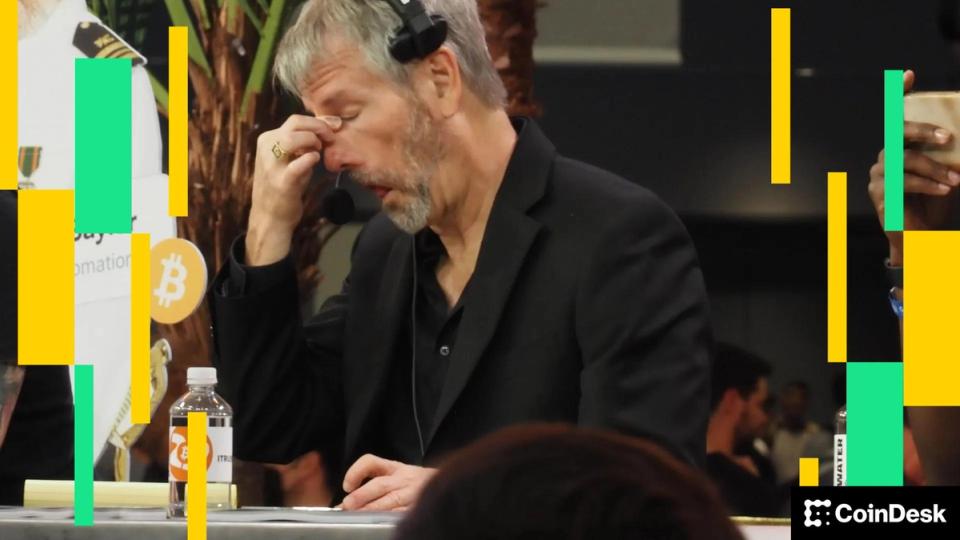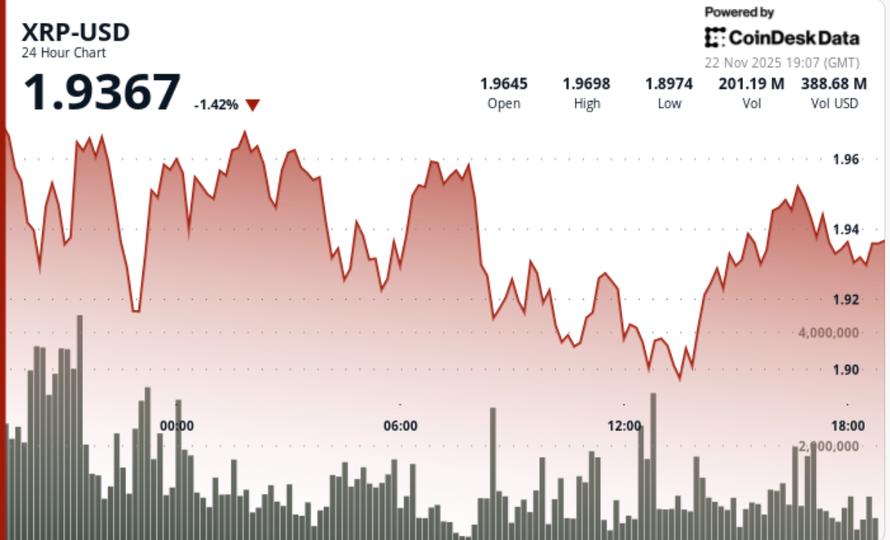
Social Media and Speculation: The New Source of Stock Market Bubbles


History of Financial Bubbles
The famous tulip mania of the 17th century is often referenced in discussions about financial bubbles. Tim Harford, a writer for the Financial Times, points out that one of the prominent figures of that time, Adriaen Pauw, showcased his wealth by multiplying rare tulip varieties with mirrors. Pauw's garden not only became a symbol of the tulip mania but also drew attention when a tulip bulb reached the price of a house.
Speculation and Demand
According to Harford, the pricing during the tulip mania cannot be explained solely by the greed of speculators. During this period, the excessive demand from rich consumers was one of the fundamental reasons for the bubble. Harford emphasizes that this madness has been greatly exaggerated in the past, but the topics addressed by 19th-century journalist Charles Mackay still hold validity. He notes that the railway bubble of the 1840s, in particular, has been overlooked, stating that financial bubbles can easily go unnoticed.
Surreal Assets Today
Today, financial markets exhibit a similar surreal behavior. New phenomena, such as cryptocurrencies and speculative meme stocks, create an uncertain structure in current market conditions. Harford states that the price movements of stocks like GameStop and Krispy Kreme are largely determined by social media effects.
Bitcoin Example
Although Bitcoin was designed for anonymous and intermediary-free transactions, it fails to meet these goals but continues to create "opportunities" through price increases. Harford notes that questions about Bitcoin's real value are "categorically erroneous."
Superficiality in Financial Markets
Emerging crypto projects often rely on the endorsement of celebrities and social media attention to stay afloat. Harford emphasizes, with the statement of Prof. Charles Spence from Oxford University, that some projects allocate their budgets to marketing and promotion rather than security. This results in a blurring of the boundaries between superficiality and reality, similar to popular products like Dubai chocolate.
The Role of Social Media
Harford claims that it is not blockchain technology but social media and mobile transaction applications that underlie these surreal financial trends. Retail investors can encourage one another and act without considering the risks associated with fast trading. As a result, it is observed that social media groups reinforce these trends and investors act with excessive confidence.
Harford points out the existence of an increasingly blurred line between reality and illusion in financial markets, emphasizing that investors feed off each other's social approval. Today, we are faced with a new reality where appearances have become more important than substance.
```Benzer Haberler
.png)
Yakında Tüm Platformlarda
Sizlere kesintisiz haber ve analizi en hızlı şekilde ulaştırmak için. Yakında tüm platformlarda...









.png)